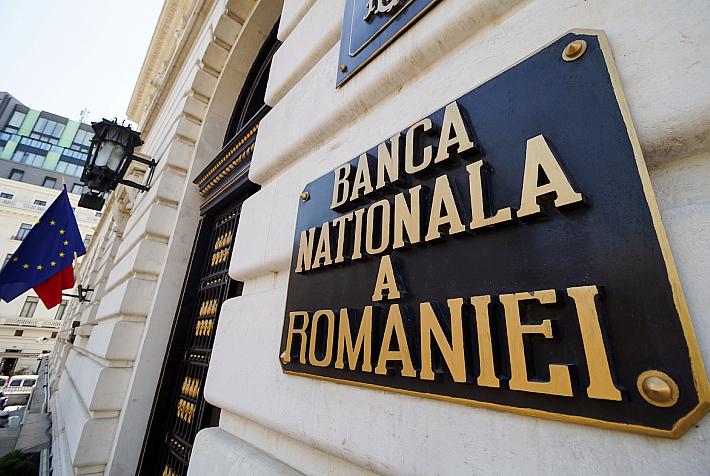Romania’s President sends back to the Parliament law on mortgage loans

Romania’s President Klaus Iohannis sent back to the Parliament on Friday the law that defines giving in payment. The law allows the mortgage debtors to get rid of their debts to banks by giving the mortgaged assets to the banks.
The project is welcome, but its current form that the Parliament had approved risks creating difficulties instead of helping out those with loans, said Iohannis.
The Romanian MPs should now reexamine the law that has stirred several controversies.
This law was meant to help the debtors who can no longer pay the monthly installments on their mortgage loans. If a client defaults on his loan, the banks can still go after him to recover the rest of the money, if the current value of the foreclosed property doesn’t cover the whole amount of the loan.
Many of those who took mortgage loans in 2007 and 2008, when the real estate properties in Romania reached all-time highs, are now in a situation in which the properties don’t cover what they owe to the bank. The law on giving in payment should protect these debtors from the banks as the personal insolvency law is not yet in place.
However, the local banks’ representatives claimed that the law was not meant to help small debtors, but rather bigger investors and real estate speculators, who have taken loans from the banks to invest in property and now would like to get rid of those loans, as the value of their properties has declined. The banks fear that the law, in its current form, would leave them with a growing pile of low-value properties, which would bring them new losses, just as they have managed to clean up their portfolios. They also warned that one of the law’s effects would be increasing the costs for new mortgage loans in Romania.
The CEOs of four international banking groups that own four of Romania’s top five banks have sent a letter to President Klaus Iohannis asking him not to sign the recently approved law that defines giving in payment. The CEOs warned that they could go against Romania in international and European courts. Andreas Treichl, CEO of Erste Group, Carlo Vivaldi, Head of CEE within UniCredit Group, Frederic Oudea, Societe Generale CEO, and Karl Sevelda, Raiffeisen Bank International CEO signed the letter.
Romania’s National Bank (BNR) has also asked Iohannis to send back to the Parliament the recently approved law. The bill can generate a systemic risk in its current form and will affect the local banks’ financial stability, according to BNR.
How many Romanians have mortgage loans?
Romania’s central bank wants new law on mortgage loans reviewed
editor@romania-insider.com












